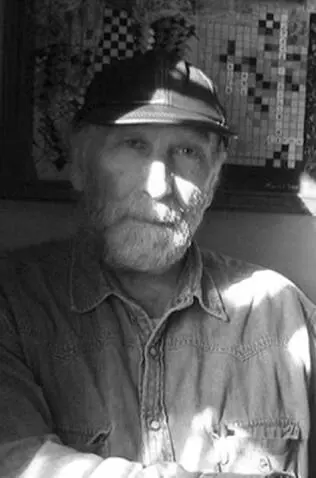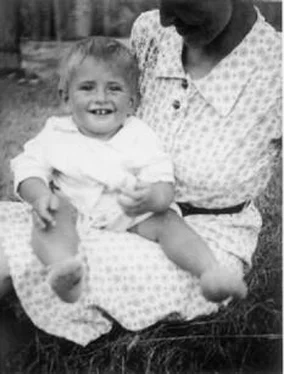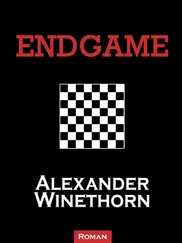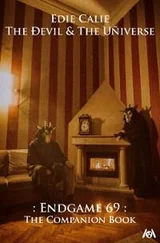
The last known photographic portrait of Bobby Fischer, who had become an Icelandic citizen, taken at 3 Frakkar (3 Coats), his favorite restaurant in Reykjavik. Einar Einarsson
14
Arrest and Rescue

BOBBY FISCHER WAS a non-convicted felon-at-large with a ten-year prison sentence hanging over his head. After nine years of the government’s apparent lack of interest in pursuing him, however, he really didn’t feel like a fugitive. He traveled almost anywhere and did virtually anything he wanted to do, was a multimillionaire, had a woman who loved him, and although he was a man without a country, a modern-day Flying Dutchman hauntingly roaming the seas, he felt relatively secure. Then everything went amiss when he discovered that his memorabilia had been auctioned off; it was as if he’d lost not just old letters and score sheets, but a part of his inner being.
In a real sense, he’d lost himself—his grip was slipping.
It was a conspiracy, he conjectured, and the United States government and the Jews were responsible. He wanted the world to know about his devastating loss. That was when the radio broadcasts started. Most were aired over a small station in Baguio City, and if he’d gone on the air at that same station ten years earlier, he probably could have continued to live as he had since 1992, since so few listeners were normally tuned in. In 2001, though, with the Internet rapidly expanding, his rants were heard all over the world, and what he said brought renewed scrutiny by the United States government.
Following Bobby’s 9/11 remarks, editorials were written denouncing him; the U.S. Chess Federation made a motion to ban him from its organization; and players—and even some of his closest friends—who’d forgiven his 1992 hate mongering in Yugoslavia, were now totally incensed. Scores of letters were sent to the White House and the Justice Department demanding his arrest; many of them stated it was long overdue. The government’s engine of bureaucracy accelerated slowly, however, and although the Justice Department decided to make its move against him, it took time and approvals to decide when and where an arrest could be made.
Bobby was astute enough to know that by making more and more broadcasts calling the United States a “shit country of criminals,” demanding a new Holocaust for Jews, and chanting “death to the President,” he was increasing his chances of eventual arrest. When nothing happened, however, he felt invulnerable and continued to travel without hiding. Since he was never questioned or stopped at any airport or customs entry point to any country, he felt free to persist with his broadcast vitriol.
Nevertheless, he did exhibit a certain wariness in dealing with the U.S. government. His passport (which he’d renewed for ten years in 1997) was running out of space on the pages that are normally stamped when one leaves or enters a country. From 1997 to 2000, while living in Hungary, he’d traveled to many European countries, and from 2000 to 2003 he’d made fifteen trips from Tokyo to Manila and back again. Finally, he was told by a customs agent that he had to have additional pages added to his passport. It would have been more convenient to go to the American embassy in either Tokyo or Manila, but he chose to have it done in Switzerland, for the same reason he chose that country when he’d had his passport renewed in 1997: In case they confiscated the passport, he could remain in Switzerland, where his money was safe and he could have physical access to it (unless he was arrested). He was also considering the possibility of settling in Switzerland permanently, so he looked for any excuse to visit that beautiful country.
Bobby arrived in Bern at the end of October 2003, checked into an inexpensive hotel, and the next afternoon went to the U.S. embassy on Sulgeneckstrasse. Although he didn’t know the Bernese dialect, his German was fluent enough to be understood easily, and since it was the U.S. embassy, everybody spoke English anyway. He was told that his passport would be taken apart and then new pages would be inserted. The process would take about ten days. Bobby gave the authorities the address of his hotel and his cell phone number and asked if they could call him when the reconstructed passport was ready.
When he returned to the hotel, he checked out immediately. A short time later, he took the train to Zurich about one hour away and registered at an upscale hotel there, using an assumed name. All of this cloak-and-dagger movement was a way of hiding his whereabouts should the embassy at Bern be informed by Washington that a warrant had been issued for his arrest and his passport should be confiscated. It’s true that the embassy had his cell phone number, but he’d left no forwarding address at the Bern hotel. If the authorities came after him in Zurich, he could probably make an escape before they arrived. As it developed, after about a week he called the embassy himself and discovered that all was well: His passport was waiting for him.
Back at Bern he wondered if it was a trap, if the moment he entered the embassy he’d be arrested. He took the chance and walked into the building as nonchalantly as he could. Voilà! The documents clerk handed him his passport, and he remarked to her how nice it looked with the twenty-four new pages perfectly sewn in. With the knowledge that his old passport was good until 2007, he then flew “home” to Tokyo.
Barely six weeks later the Department of Justice sent him a letter revoking his passport, stating that the revocation was issued because he was “the subject of an outstanding federal warrant of arrest for a felony,” which didn’t refer by name to the Fischer-Spassky match of 1992, but made reference to the U.S. Code under which Fischer was accused: the International Emergency Economic Powers Act, Title 50, Sections 1701, 1702, and 1705, signed by President George H. W. Bush.
There were problems with the revocation of the passport, however. Fischer never received the notice and therefore couldn’t appeal it, which according to law he had the right to do. The Justice Department claimed that the letter had been sent to the hotel in Bern (the location Bobby had given to the embassy) and was returned to them with no forwarding address appended. It was dated December 11, 2003, and when a faxed copy of the letter was ultimately examined, it didn’t have an address for Fischer on it, the implication being that the embassy had never sent the letter to Bern. According to law, Bobby would have had sixty days for a hearing and perhaps another sixty days to confront the appeal if it didn’t go his way. Such a hearing would only determine whether he was the subject of the warrant for arrest and whether the proper procedures for his application had been in effect when he applied for the passport renewal in 1997. The law stated that a passport “shall not be issued to an applicant subject to a federal arrest warrant or subpoena for any matter involving a felony.” One of two things had to be operative in Bern in 1997: Either the State Department made a clerical mistake in issuing him a renewed passport at that time, or else Fischer didn’t indicate on his application that he was a wanted felon. If he’d lied by omission, he would have been guilty of fraud, a charge that could have been added to his sanction violation and his income tax evasion.
Had he received the notice, his appeal—had he attempted it—would probably have been denied, but it might have given him some time to travel to another country, or to some hideout—perhaps somewhere in Switzerland, such as the Alps—to avoid arrest.
Читать дальше




![Антон Текшин - EndGame [СИ]](/books/394477/anton-tekshin-endgame-si-thumb.webp)









